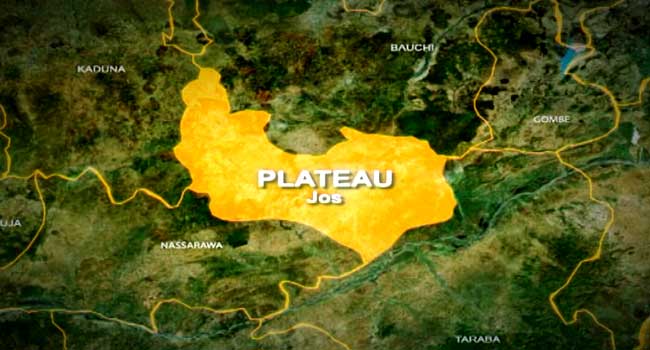The inauguration of the Wase Grazing Lot in Plateau State marks a significant stride towards modernizing Nigeria’s livestock sector and addressing the persistent security challenges stemming from farmer-herder conflicts. This model livestock village, a collaborative effort between the Federal Ministry of Livestock Development and the Plateau State Government, represents a strategic investment in not only boosting agricultural productivity but also fostering peace and economic growth. The project aims to revolutionize livestock farming by providing comprehensive infrastructure, including irrigated pastures for year-round fodder production, a veterinary clinic for animal health, a primary healthcare center for the community, educational facilities, housing for staff, and a security post to ensure safety and stability. This integrated approach acknowledges the interconnectedness of livestock development, human well-being, and security, setting the stage for a transformative impact on the region.
The Wase Grazing Lot initiative addresses the core issue fueling the protracted conflict between farmers and herders: competition for land and resources. By providing designated grazing areas with modern amenities, the project aims to reduce the incidence of cattle encroaching on farmlands, thus mitigating the primary trigger for violent clashes. This strategic intervention has the potential to drastically improve relations between these two crucial groups, creating an environment conducive to peaceful coexistence. The project also aligns with the broader national agenda of enhancing food security and economic diversification. By promoting modern livestock practices, the initiative is expected to significantly boost livestock production, contributing to increased food availability and generating new income streams for both herders and the wider community.
The project’s focus on modern infrastructure and sustainable practices underscores its commitment to long-term viability and impact. The inclusion of irrigated pastures ensures a consistent supply of fodder regardless of seasonal variations, addressing a key challenge faced by traditional pastoralists. The provision of veterinary services aims to improve animal health and productivity, while the primary healthcare center and educational facilities cater to the well-being and development of the local community. This holistic approach recognizes that sustainable livestock development requires not only improved animal husbandry practices but also investments in human capital and community infrastructure. The incorporation of a security post further demonstrates the government’s commitment to ensuring the safety and stability of the area, fostering an environment conducive to economic activity and social harmony.
The Wase Grazing Lot is not an isolated initiative but part of a larger strategy to transform Nigeria’s livestock sector. Governor Mutfwang’s plans to modernize the Jos abattoir, increasing its processing capacity significantly, further reinforces the state’s commitment to strengthening the livestock value chain. This integrated approach, combining improved grazing practices with enhanced processing capacity, aims to maximize the economic benefits of livestock production. The governor’s emphasis on collaboration with research institutions and citizens underscores the importance of a participatory approach to development, leveraging local knowledge and expertise to ensure the project’s success and sustainability. This collective effort aims to create a robust and resilient livestock sector that contributes significantly to the state’s and nation’s economic prosperity.
The establishment of the Ministry of Livestock Development by President Tinubu, initially met with skepticism, has now been vindicated by the unveiling of the Wase Grazing Lot project. This initiative demonstrates the ministry’s commitment to implementing concrete solutions to address the challenges facing the livestock sector. The project’s potential to not only boost GDP but also create jobs and foster entrepreneurship underscores the strategic importance of investing in this often-neglected sector. The governor’s vision of building a billion-dollar livestock economy in Plateau State highlights the transformative potential of this initiative. By leveraging the state’s natural resources, human capital, and strategic location, the project aims to unlock significant economic opportunities and position Plateau State as a leader in livestock production.
The successful implementation of the Wase Grazing Lot hinges on continued collaboration between the federal and state governments, local communities, and technical partners. The introduction of Napier grass, a sustainable and scalable feed option, exemplifies the importance of integrating innovative solutions to enhance productivity and environmental sustainability. The project’s long-term success will depend on ongoing efforts to build trust and cooperation between farmers and herders, ensuring that the benefits of improved livestock management are shared equitably. By addressing the root causes of conflict and promoting sustainable economic development, the Wase Grazing Lot has the potential to serve as a model for other regions facing similar challenges, paving the way for a more peaceful and prosperous future for Nigeria’s livestock sector.














